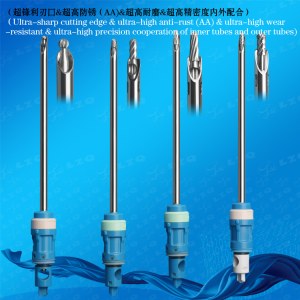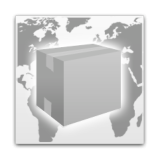 |
|
|
Pro / B2B
Bone Cutter |
|
Cette page concerne les importateurs et exportateurs de Bone Cutter Rechercher dans la catégorie : Pro / B2B Rechercher dans la catégorie : bone, cutter |
Samedi 01 novembre 2008
Quantité : 300-1000 p
Made to order Baseball cap with logo embroidery. Minimum quantity from Thailand 300 pcs, China 1000 pcs. Your colors, your design. Different peak options. High quality. Ask price for your order. We also offer design service and assistance.Localisation : Sino-Thai Tower 18th Fl. 32/47...
JH-Premium Co., / JH-Fashion Group Co., Ltd
- jhpremium
- 10110 - Bangkok
- +66 2 665 2870
- +66 8 46 71 39 65
Vendredi 19 septembre 2008
Quantité : 1 Containe - Prix : A definir
Recherchons pour export pneus usagés divers voitures/ Secondes mains , pour une tournante de un (1) container 40' pieds high cube par mois.Localisation : Lippmannstrasse,13, 22769 22769 Hambourg, Personne à contacter : Lakhdar stefan Kaddour, +4917657064787
SLK International
- slk1446
- 22769 - 22769 Hambourg
- +4917657064787
- +4940312685
Jeudi 25 mars 2010
Quantité : 500 - Prix : cif prix raisonable,
notre société a la recherche d'un fourniseur high tech produits Pc portable,(dell, toshiba, hp, acer,.......) neuf et camera digital cannon ,nikon...neuf a prix cif raisonable et compétativeLocalisation : TUNISIE, 2045 TUNIS, Personne à contacter : Samira Sfs,
SFS PLANET
- godgod
- 2045 - TUNIS
- +21 6 93 22 63 65





